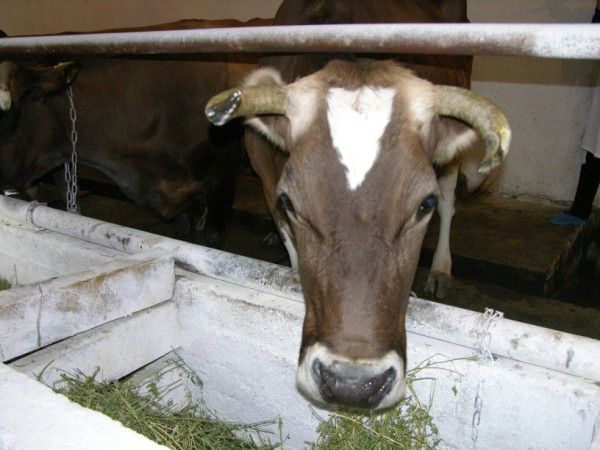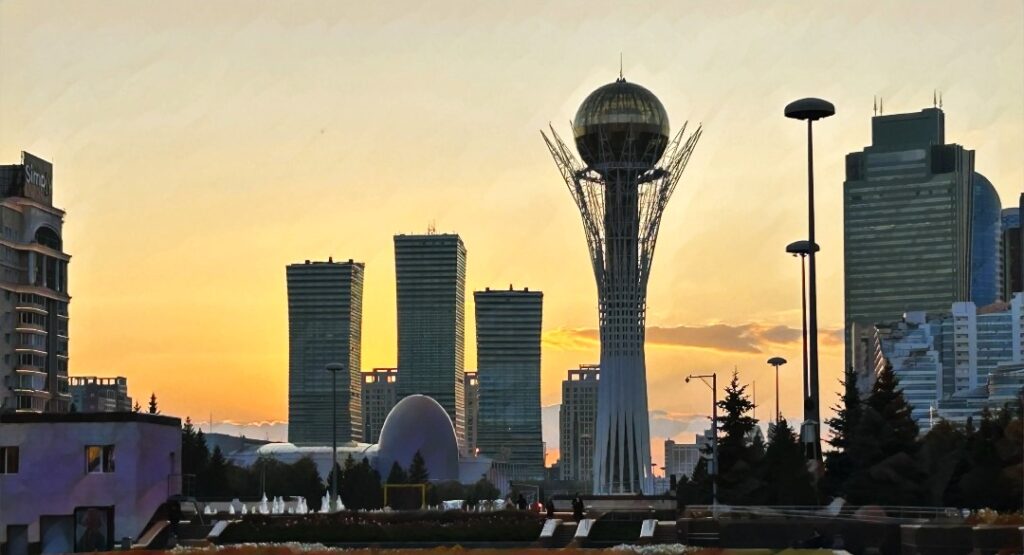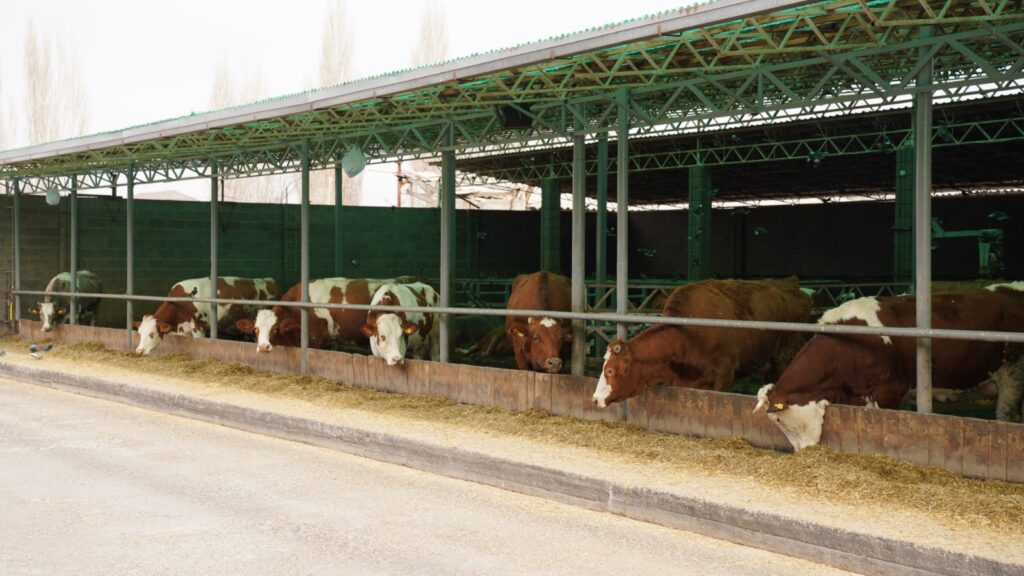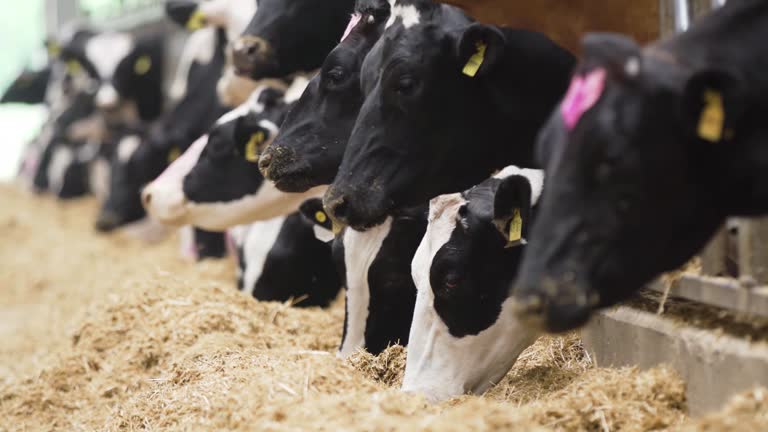ASTANA (TCA) — An official ceremony of awarding a certificate of conferring on Kazakhstan the status of a zone free from foot and mouth disease took place in Paris on May 25, Kazakhstan’s First Deputy Agriculture Minister Kairat Aytuganov said, the official website of the Prime Minister of Kazakhstan reported.
Delegates of the International Epizootic Bureau from 180 countries who took part in the meeting of the Bureau’s General Assembly unanimously voted for the assignment of this status. This became possible as a result of purposeful work on prevention and strict adherence to the FMD control strategy in accordance with international requirements, Aytuganov said.
In the post-Soviet space, Belarus and Ukraine are historically safe from foot and mouth disease. Russia since 2016 has the status of a country that has certain regions of well-being for foot and mouth disease. The rest of the CIS countries do not currently have this status.
“The presence of this status enables our country to export to the WTO member countries products of animal and vegetable origin that will enable to realize the export potential of the agro-industrial complex and positively affect the development of foreign trade activity of domestic entrepreneurs,” Aytuganov emphasized.
He also said that the authorized body of China on veterinary medicine (AQSAQ) in September last year lifted import restrictions on foot and mouth disease in 9 regions of Kazakhstan. The Veterinary Control Committee of the Ministry of Agriculture of Kazakhstan will continue to work with the Chinese side to remove the restriction from the five remaining regions on the basis of the newly received status.
Due to the received status the countries of the Persian Gulf, Iran and Israel are now ready to coordinate with Kazakhstan the permission to import livestock products from the entire territory of Kazakhstan.







